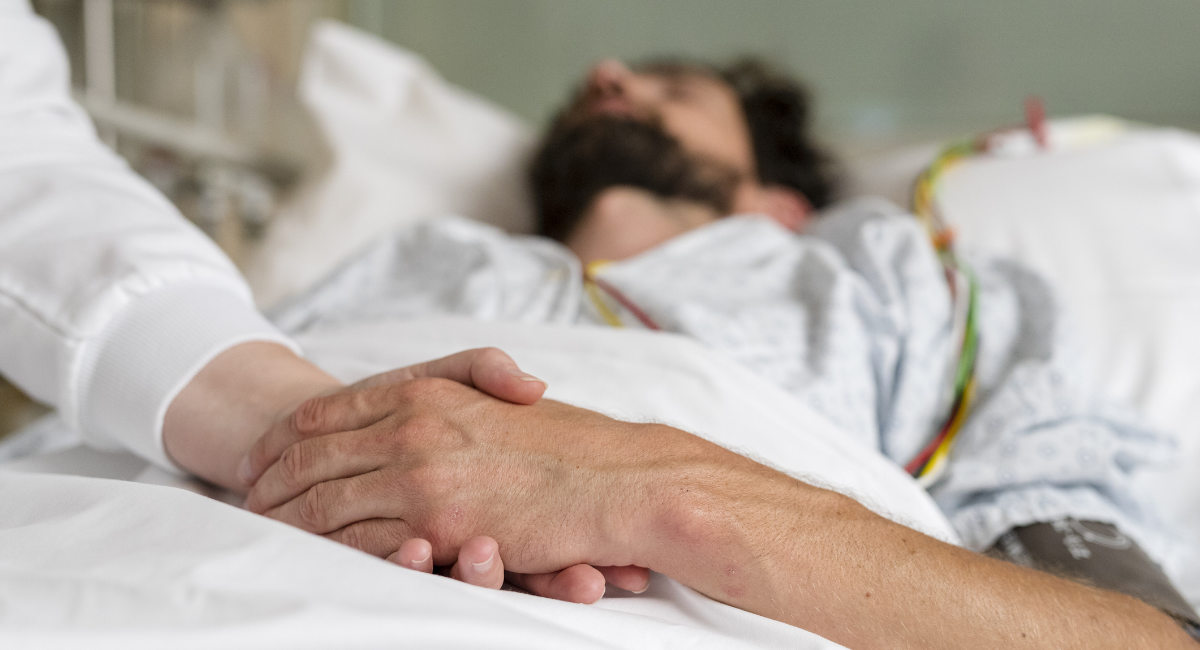A Hungarian man is challenging his country’s ban on assisted suicide in the European Court of Human Rights (ECHR), asking the court to legalize assisted suicide in Hungary.
Dániel Karsai is a 46-year-old man with amyotrophic lateral sclerosis (ALS), a progressive neurodegenerative condition. Karsai wants the ability to end his own life before his condition further deteriorates, but Hungarian law currently makes it a criminal offense to help a person commit suicide, even if that suicide occurs in another country.
According to Balkan Insight, Karsai contends that the country’s law, “deprives him of freedom of choice, is inhumane, does not respect his private life, and is also discriminatory because it does not penalize those who decide to refuse life-prolonging treatment.” There is no treatment for ALS that Karsai could choose to refuse.
ADF International has intervened in the case, arguing that the country’s right to life must be upheld in accordance with Article 2 of the European Convention on Human Rights which says, “Everyone’s right to life shall be protected by law.” ADF is working with a British NGO called Care Not Killing to highlight that there is no “right to die,” but instead, a right to life.
READ: Italy decriminalizes assisted suicide, PM questions whether a ‘right to die’ is a human right
“While Mr. Karsai’s condition demands our greatest compassion, we cannot abandon our essential human rights protections. Hungary is bound under European and international human rights law to safeguard human life,” said Jean-Paul Van De Walle, Legal Counsel for ADF International. “The right to life is inviolable, underlying all other human rights. Conversely, there is no so-called ‘right to die.'”
Van De Walle also highlighted the inconsistencies that come with promoting legalized death in some instances, while discouraging it in others.
“Once we as a society open the doors to intentional killing, there is no logical stopping point,” he said. “How do we distinguish between the person we talk down from the bridge and the person we let die at the hands of their doctor? The state has an obligation to protect the fundamental value of human life, and we cannot set in motion legal changes that undermine this obligation to the detriment of all of society.”
A verdict in the case is expected early next year.








